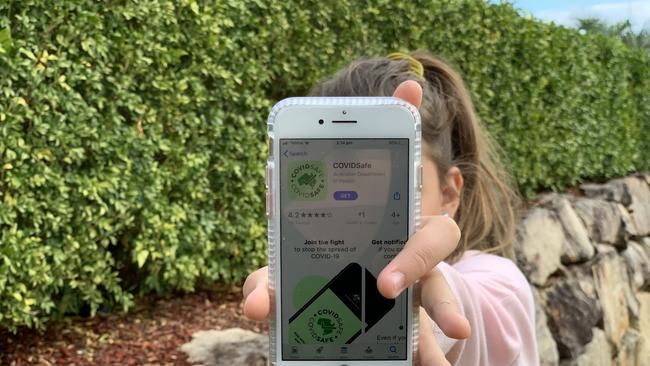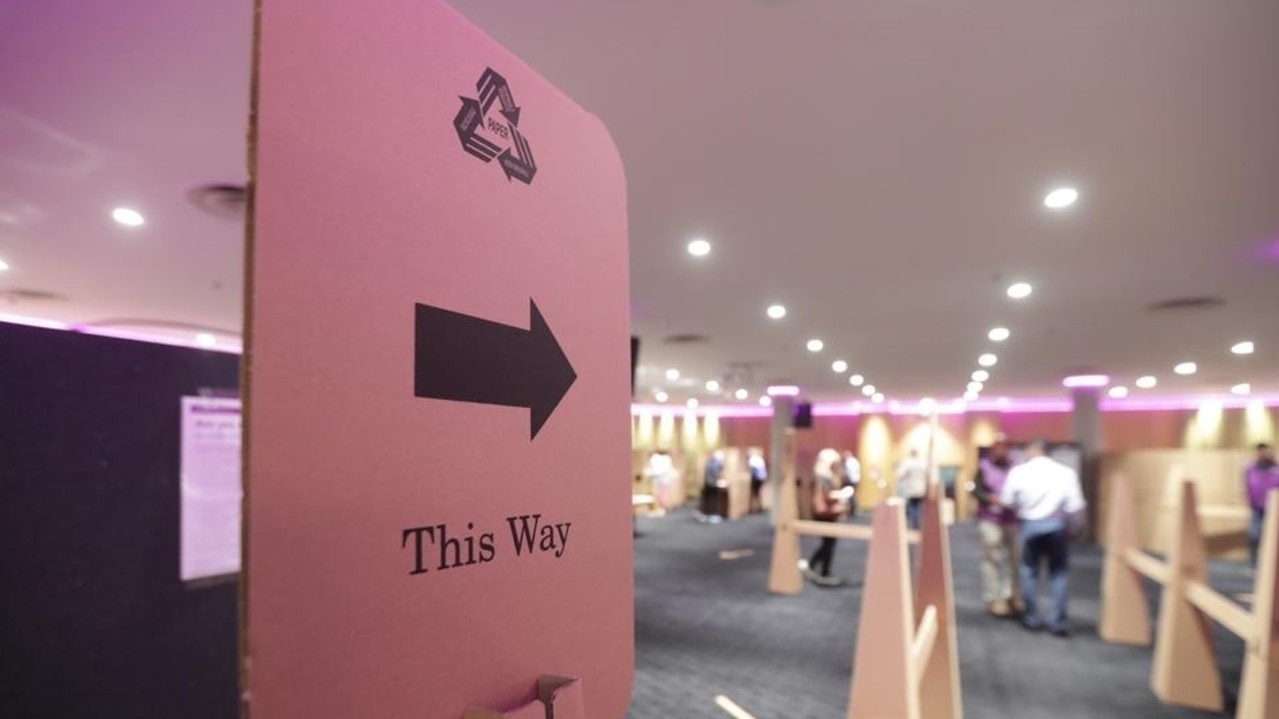Businesses don’t exist to do the government’s dirty work
Remember the COVID-19 app? Like a beautiful mirage, it appeared on our horizon, full of promise, then faded before our eyes.

Business owners constantly are navigating hurdles placed in their way by governments of all persuasions. Yet, frustratingly, at the same time they are constantly urged onwards, to invest, hire staff and provide greater output, as though that is their responsibility to the nation.
This school of thought has taken cultural hold, so much so that now many Australians think the purpose of a business is to provide jobs and pay taxes.
Newsflash: businesses don’t exist to provide jobs, pay taxes or spend money in what is termed private sector investment. These outcomes are often the result of a profitable business operation, but they should not be taken for granted, expected or demanded.
Businesses serve an important purpose: to make a profit for their owners. If that fact offends, take heart; the owner of a profitable business is one less person needing, demanding and expecting a job or requiring welfare support. Today anyone who can support themselves is a blessing, and anyone who can support themselves and others is an absolute godsend.
Politicians love to delegate their dirty work to businesses while keeping their hands clean for the cameras. Remember the COVID-19 app? Like a beautiful mirage, this wonderful piece of technology appeared on our horizon, full of promise, faded before our eyes and hasn’t been mentioned since.
The Prime Minister and his team didn’t want to make the app mandatory because that was perceived as politically fraught. Yet for the purposes of contact tracing in the event of an outbreak, in certain venues, there is a need to know who has been where, for how long and with whom.
So, instead of making the app mandatory, the government made it mandatory for certain business owners to collect the details of every one of their customers every time they walked in the door.
Every time anyone goes into a restaurant, for example, the business owner legally is required to take their name and phone number. Here we have an entire sector being forced to spend their time and energy doing the dirty work for the government because the government won’t shoulder the burden of a decision or its implementation.
The government could have made it mandatory to have the app when going into a restaurant. But no; it shrank from that responsibility, and even made it illegal for restaurant owners to require staff or customers to download the app, yet forced owners to take every single person’s name and phone number manually and store the records responsibly.
This is a typical example of the whip always held over the rump of the business owner.
And if the federal government doesn’t have the gumption to force people to download an app, what will it do if and when a vaccine arrives — will it force us all to have that, or will it squib on that decision too and somehow put the responsibility for it on to business owners?
This week, Raff Ciccone, a Labor federal senator for Victoria, wrote an opinion piece about a vaccine and the anti-vax community for Nine newspapers. He said: “I have one message: our tolerance for your wilful ignorance is over. We cannot afford, morally or economically, to give any ground to those who choose not to be vaccinated against COVID-19.”
Ciccone explained that he was not advocating vaccinating people against their will. No, god forbid; that would constitute government taking responsibility for the implementation of an extremely tough decision.
Instead, the senator envisaged shifting the load on to those who own businesses. “If you do not want to be vaccinated against COVID-19,” he said, “you ought to bear the consequences of that decision.” Organisations might be able to “prevent those who object to being vaccinated against COVID-19 to enter their premises, participate in their activities and, in some circumstances, seek their employment”.
“Restaurants could be allowed the right to refuse entry to those who are not vaccinated against COVID-19. Businesses, especially those involved in the care or service of vulnerable communities, might be allowed the right to refuse employment to those without a COVID-19 vaccination. Organisers of mass gatherings could deny the sale of tickets on this basis.”
I am not entering into the debate between the anti-vaxxers and everyone else. I am not interested in topics such as vaccination, circumcision, private school versus public school, whether kids can be vegan, or any of the other issues some parents love to argue over.
My point is that it is becoming routine for governments to shift responsibility for implementing hard decisions to people who own businesses. This is an unfortunate trend that business owners should resist. If a COVID-19 vaccine does arrive, and the government decides we must have it, then it must not shift the task to the private sector. Business owners are not here to do the job of governments.



If the economy is a cart, then the private sector is a horse, and it is looking gaunt, and more than a little tired of the whip constantly flicking around its hindquarters.